Cliqist : There isn’t a ton of info about you on the Nevergrind Kickstarter page. Can you tell us a bit about yourself?
Joe Leonard : On May 30th, 1999, I played EverQuest for the first time. I just started my college break, so I had a lot of free time to immerse myself into the game. It was the most profound gaming experience of my life and to this day I still regard it as the best game ever created. At that time the general public knew very little about how addictive these types of games could be. In many regards EverQuest was the first of its kind.
 At that time I was attending UMass Amherst trying to complete a degree in English. Now, it’s worth nothing that I originally tried to complete a computer science degree, but I could not get through the C++ course. At that time I simply had no idea what they were talking about and nothing made sense to me as a young man that had only coded a few small games using GW-Basic. I had never heard of object-oriented programming. I had no idea what a class was. I didn’t know what a compiler was. I didn’t have Google, Reddit, or Stackoverflow to help. I was forced to change my major. My friend in college convinced me to switch to an English degree so that I could get into technical writing, a professional which few had even heard of at that time. But it was a valid path forward and they convinced me, so that’s what I did.
At that time I was attending UMass Amherst trying to complete a degree in English. Now, it’s worth nothing that I originally tried to complete a computer science degree, but I could not get through the C++ course. At that time I simply had no idea what they were talking about and nothing made sense to me as a young man that had only coded a few small games using GW-Basic. I had never heard of object-oriented programming. I had no idea what a class was. I didn’t know what a compiler was. I didn’t have Google, Reddit, or Stackoverflow to help. I was forced to change my major. My friend in college convinced me to switch to an English degree so that I could get into technical writing, a professional which few had even heard of at that time. But it was a valid path forward and they convinced me, so that’s what I did.
Unfortunately, I got so addicted to EverQuest that I ended up completely blowing off my studies and dropping out of college in my senior year. This had a devastating affect on me. It completely derailed my life and it was the first time that I really felt like I lost control of my life.
After working at a few entry-level jobs, I decided to join the US Air Force, which really helped me get my life back on track. Order and discipline were exactly what I needed in my life! While I was in the military, I completed my English degree and gained valuable technical skills. Sorry! I am starting to sound like a commercial—but that’s what really happened. Since getting out in 2008, I have been working as a technical writer.
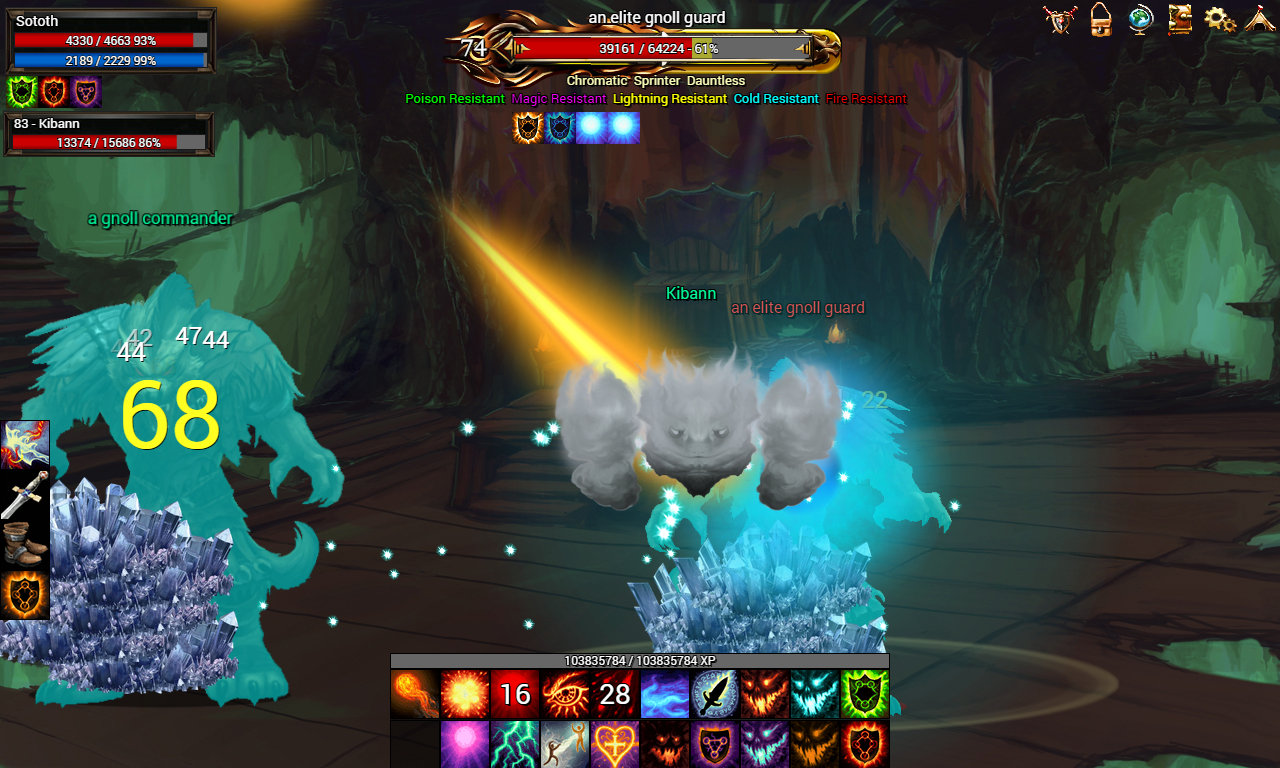 In 2012, I was writing documentation on a variety of web applications. Now, I should highlight the fact that at that time, I knew nothing about web development. I typically wrote documentation in Word or PDF format, but I came to a point where I needed an ability to link to contents within a PDF. From that point I decided to start writing documentation in a web-based format. Over time I developed my skills in HTML, CSS, and even JavaScript. It’s funny to think back and remember when learning JavaScript almost seemed impossible to me. Yet over time, I discovered how to use all of these tools. Once I started to get the hang of JavaScript, a spark ignited in my mind.
In 2012, I was writing documentation on a variety of web applications. Now, I should highlight the fact that at that time, I knew nothing about web development. I typically wrote documentation in Word or PDF format, but I came to a point where I needed an ability to link to contents within a PDF. From that point I decided to start writing documentation in a web-based format. Over time I developed my skills in HTML, CSS, and even JavaScript. It’s funny to think back and remember when learning JavaScript almost seemed impossible to me. Yet over time, I discovered how to use all of these tools. Once I started to get the hang of JavaScript, a spark ignited in my mind.
Flash back to 1995 when I was working on a Phantasy Star III knockoff in my basement on my family’s TANDY-1000 in GW-Basic. This game had a turn-based combat system and was super primitive, but it was part of the kindling that helped ignite what has become Nevergrind. Suddenly, my passion to create games was resurrected. At that moment I decided that I wanted to make a web-based game using modern web technology. Everything that you see in Nevergrind has been self-taught in a period of about three years.
I like sharing this story because I think it’s a motivational tool to help people realize that everyone deals with failure in their life. What’s more important is how you respond to that failure and if you’re resilient and determined enough to pursue your goals. Some enterprise web developers even rolled their eyes at me when I told them I was going to make a game. After all I am an English major that writes software documentation. So many professional developers can’t even finish a game, so what could I possibly achieve? There will never be a shortage of people ready to doubt you and you can’t let their judgment weigh you down.
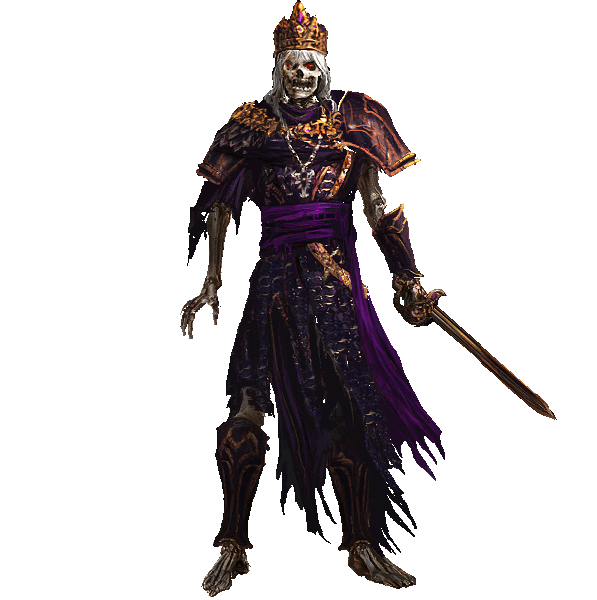 Cliqist : Congratulations on such a strong start to the Nevergrind campaign! Are you surprised at all by the early success?
Cliqist : Congratulations on such a strong start to the Nevergrind campaign! Are you surprised at all by the early success?
Joe Leonard : To be honest I had absolutely no idea what would happen. I certainly knew that the odds were stacked against me. It’s my first game. It’s my first Kickstarter campaign. It’s a browser game. I did know that I had a dedicated player base. My analytics showed high session times and high returning user rates, so that seemed to be a good indication to me. What definitely took me by surprise was the popularity of The Legend tier, which rewards a free legendary item. Legendary items don’t currently drop in the game, so I certainly see the appeal of having these. Particularly with the possibility of trading items on the horizon.
Initially that tier was limited to five, but I decided to make it unlimited and include it with any higher tier as well. This decision really helped pave a path to success for the campaign since 57% of the funding has come from that tier alone.
At this time the campaign is currently 70% funded after nine days which is well beyond my expectations. I owe my backers a sincere fist-bump of gratitude for the overwhelming support.
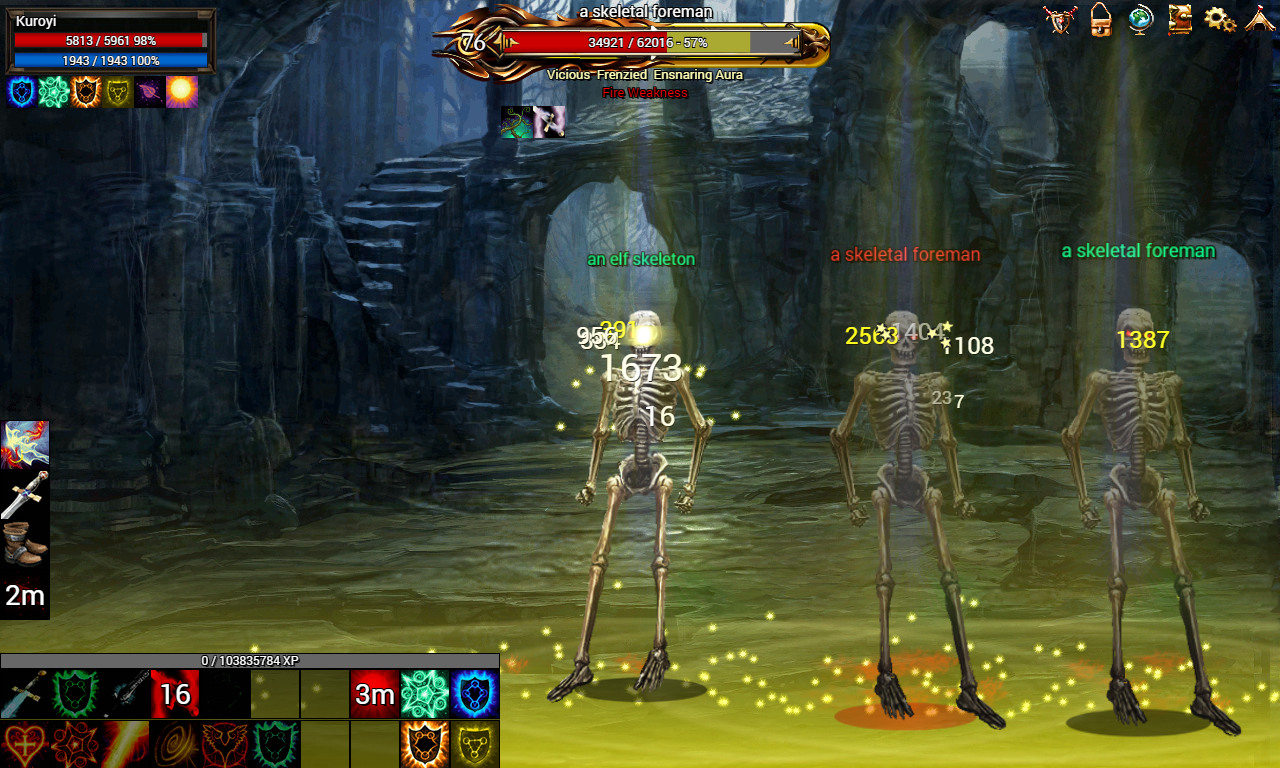 Cliqist : What sort of pre-campaign work did you do?
Cliqist : What sort of pre-campaign work did you do?
Joe Leonard : In terms of media outreach, I prepared a press webpage, a game trailer, and contacted every media outlet I could find on the internet with a history of covering indie games. The response was tepid and only a few outlets actually responded, but I’m not too surprised about that. It is my first game, nobody knows who I am, and browser games don’t generate a lot of excitement compared to the competition.
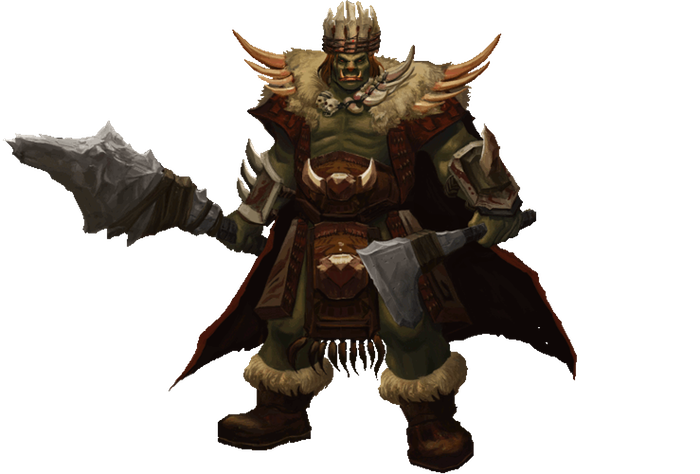 Cliqist : The Everquest influence is something you talk about in the Nevergrind Kickstarter. Why not just try and make a full blown MMO like everyone else?
Cliqist : The Everquest influence is something you talk about in the Nevergrind Kickstarter. Why not just try and make a full blown MMO like everyone else?
Joe Leonard : Maintaining a realistic scope is really important when you’re a married man with three young children and a full-time job. If I added the wrong features to this game, it would never be finished. I came very close to adding 16-bit style overworld navigation. Instead I used menu-based, instant, world-wide navigation. I dreamed about adding traveling costs and zone points and all of that. If I put that in the game I don’t think I would be able to finish. Honestly, there’s probably already too many features in this game.
Nevertheless, if Nevergrind is successfully funded and continues its success in the future, I will just continue adding features to the game until it is an MMORPG. In our forums there is a lot of serious discussion about adding features like chat, item trading, mailbox systems, and shareable player profiles. It sounds like we could get there iteratively.
Cliqist : Browser based games don’t typically garner a lot of attention on Kickstarter. Did you have concerns that people wouldn’t be able to see past Nevergrind’s platform and appreciate the game itself?
Joe Leonard : Yes, it’s a big problem. Unfortunately, when I search across the web most of the browser games appear to emphasize quantity over quality. I think for that reason, browser games are associated with disposability. What I am doing is the complete opposite. I would rather work on one project and make it as good as I possibly can. Browser games have come a long way in the last five years, so I think we’ll see some amazing browser games in the next five years. From my perspective there are so many fantastic benefits of being a browser game, so I think the general perception of browser games will evolve in the near future.
Cliqist : In your Kickstarter video you mention that you’ve invested about $6,000 in Nevergrind so far, primarily on art. I gotta say, the art looks pretty great for just six grand. Art has a way of being a bottomless pit for developers, how have you managed to stay so financially efficient?
Joe Leonard : There are freelancers on oDesk that will hit it out of the park for $8 an hour. I spent a lot of time searching for the right artist. Once I found Jocelyn Sarvida, I knew that I found the right person. She had a lot of cool fantasy artwork of monsters and landscapes, which is exactly what I needed. It was a big risk to commit to hiring her because I knew it could run up to $6,000 or more. And I had no idea if this project would ever make a single dollar. Just imagine me trying to convince my wife that spending $6000 on video game artwork was a good idea.
Fortunately, Jocelyn worked very quickly and ended up only costing me $4,000 for her amazing work. My only regret is that my budget didn’t have more room to pay her a higher income, but perhaps if Nevergrind is successful I can hire her to add more zones, more monsters, and even more frames of animation at a rate she actually deserves. In any case it was a mutually beneficial relationship. She moved on to another secret project and is doing amazing work there as well. I’m looking forward to hearing more about it from her.
Cliqist : Any plans to take Nevergrind out of the browser and release a stand-alone version?
Joe Leonard : That will remain a possibility, but it would require a fair amount of work. Since my time is finite, I think it would be wise to focus on improving the browser version instead. A lot of these online game distributors want a zipped version of your browser game, but that’s just not an attractive option to me. I would rather host it via an iframe, so I can update it every day. Simply knowing there are old versions of Nevergrind out there would drive me crazy.
Cliqist : If you had an unlimited development budget, what would you do with Nevergrind?
Joe Leonard : There is so much I would love to improve. I would fully animate the monsters. I would show your character and fully animate them. It would look something like Phantasy Star IV. I’d like to layer the backgrounds and have a cool parallax scrolling effect in the sky. I’d redo all of the spell effects using professional artwork. I created most of the spell effects using GIMP and I’m certainly not an artist. I’d re-do the sound effects. I’d add 16-bit style overworld navigation and when you engage in combat, it would fade into the combat mode as it is currently designed. I’d improve the UI. I think that would be exciting to see in action.
Cliqist : Is there anything we haven’t covered that you’d like to tell our readers?
Joe Leonard : I will just say look forward to server accounts on April 20th! I have eight volunteers working on testing out server accounts and they have done a fantastic job identifying bugs. Thanks to our devoted players that have really helped take Nevergrind to the next level. If you want early access to server accounts, pledge at least $20 so you can race up the leaderboard all weekend starting on Friday, April 17th. And thanks for the great interview!
Cliqist : Can you close us out with a Nevergrind inspired haiku?
Joe Leonard :
your life is a grind,
strive toward infinite goals,
and do it again
Thanks to Joe for taking the time to answer our questions! If you’d like to learn more about Nevergrind be sure to head over to its Kickstarter campaign page.
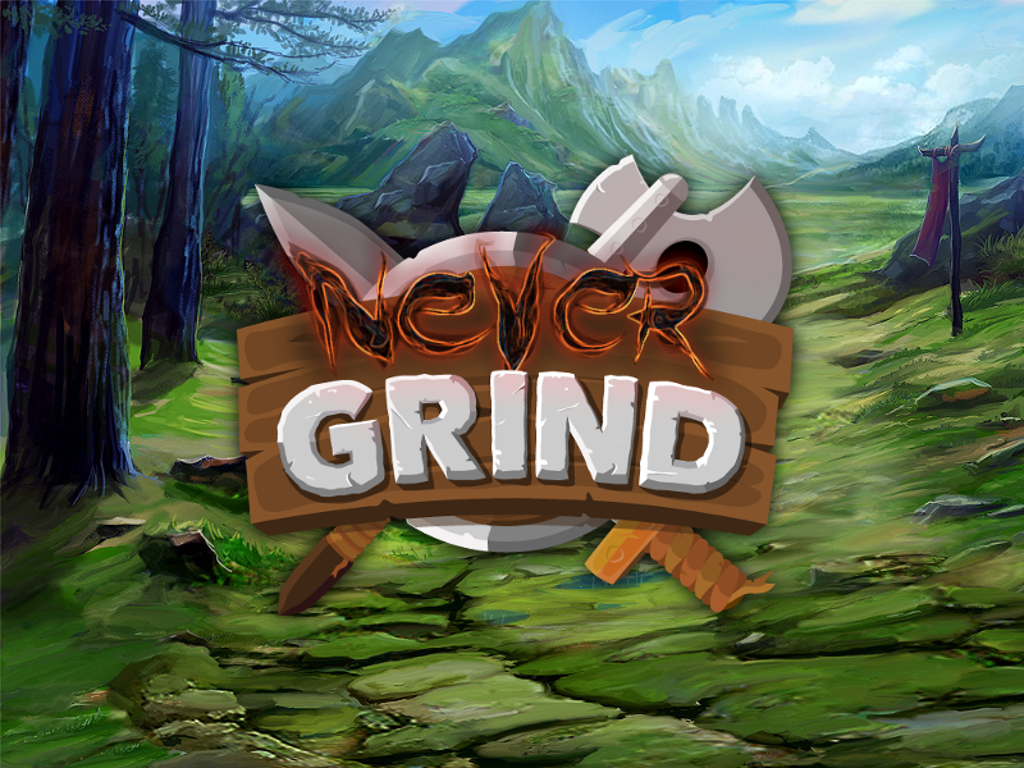
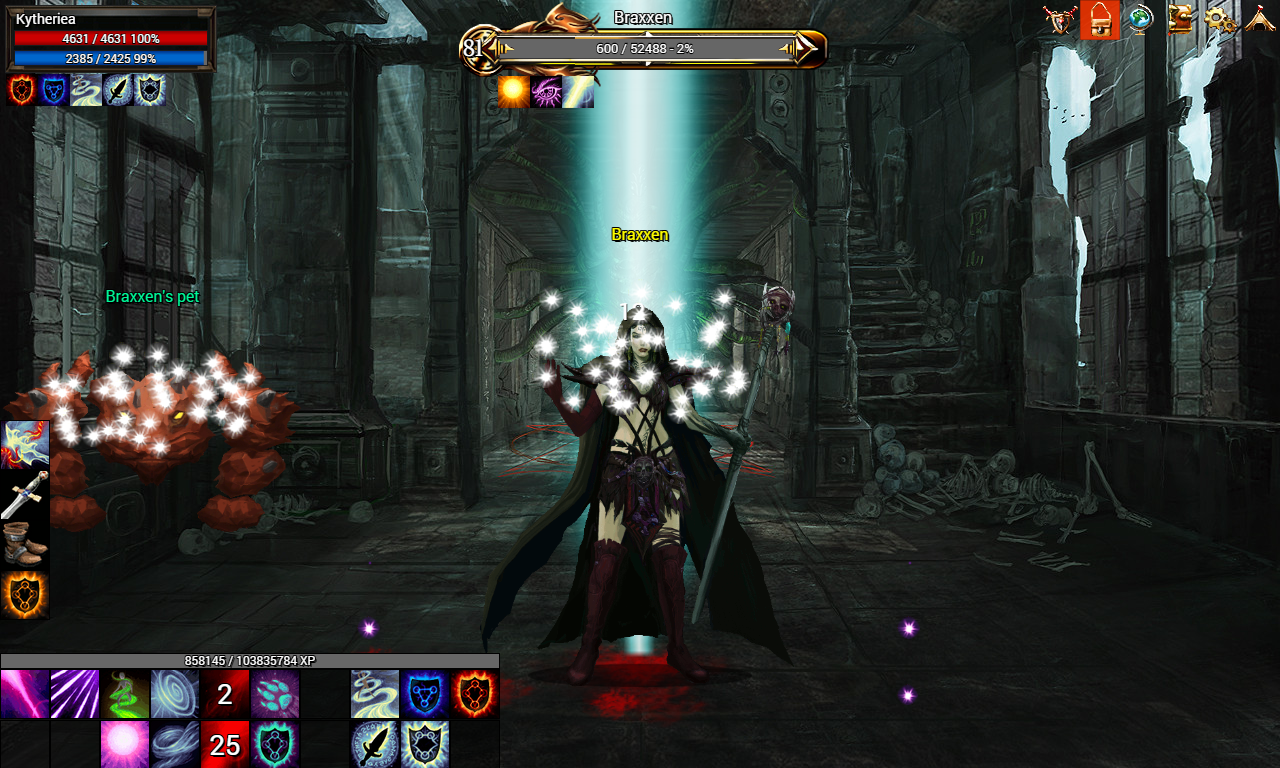
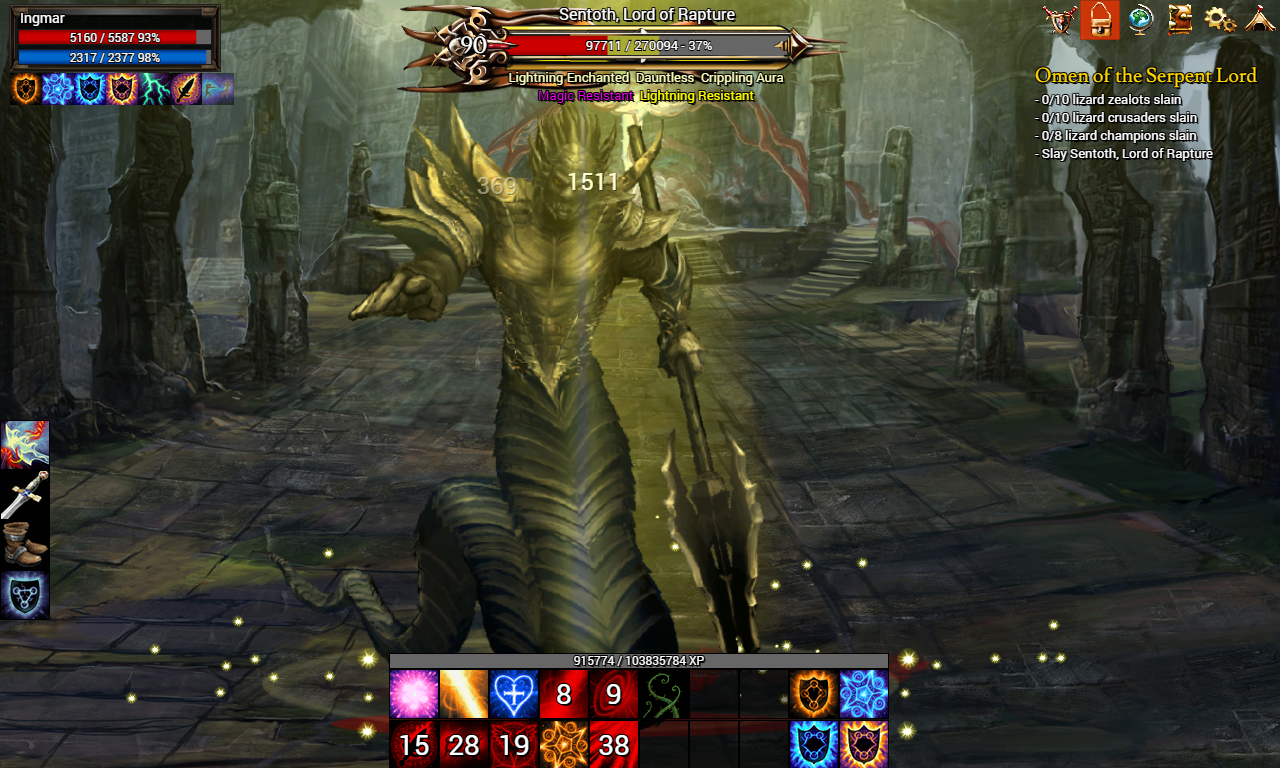
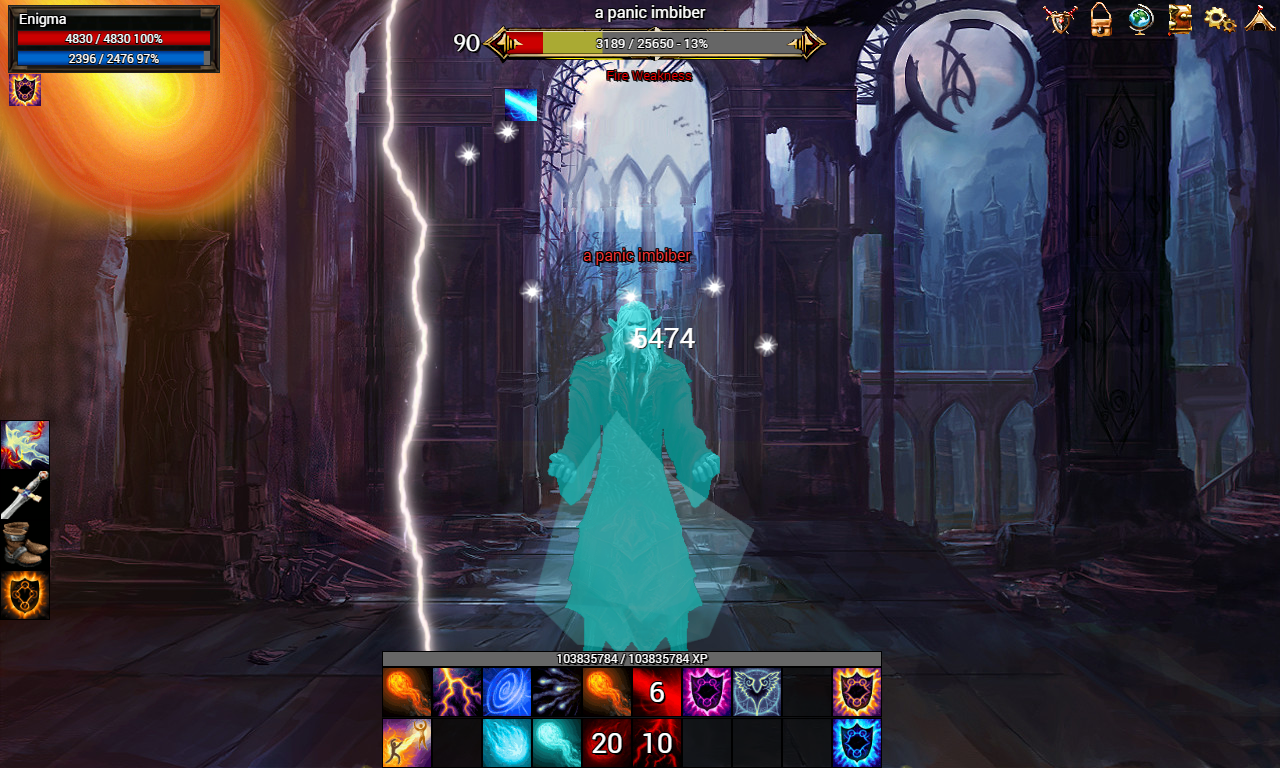
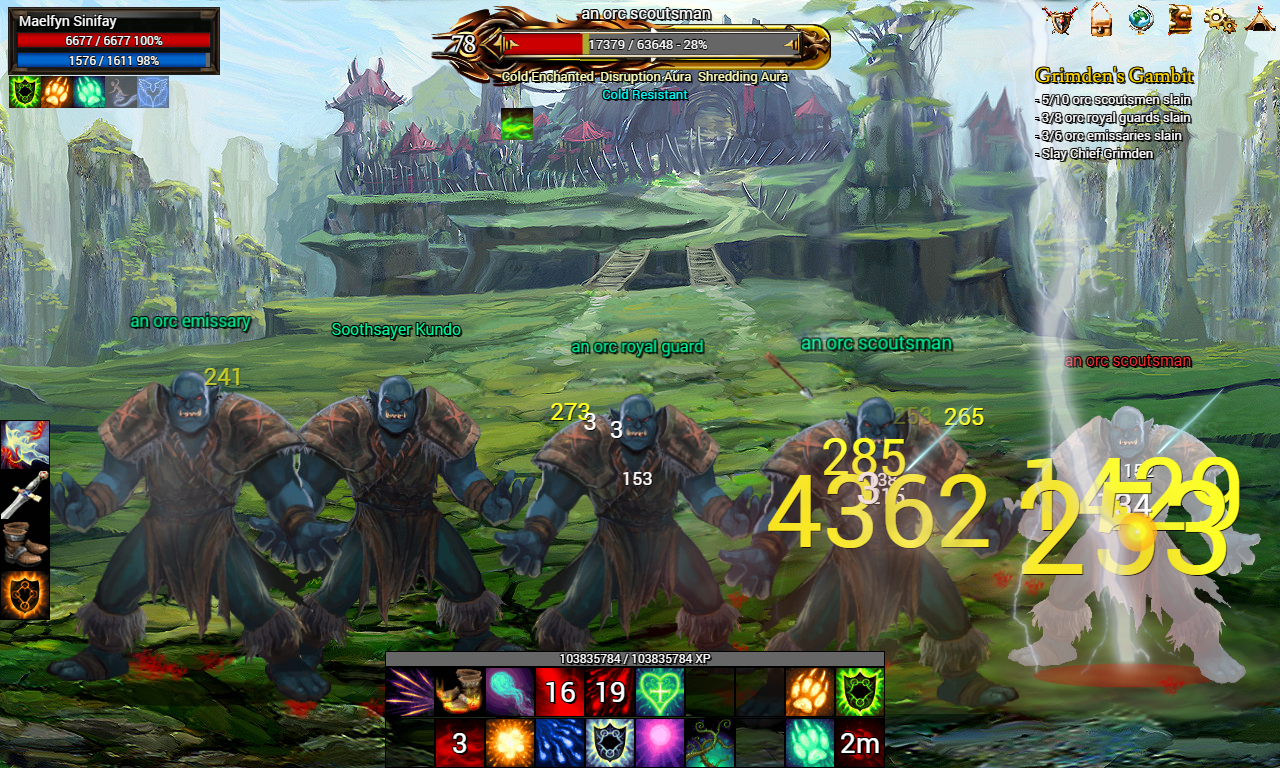
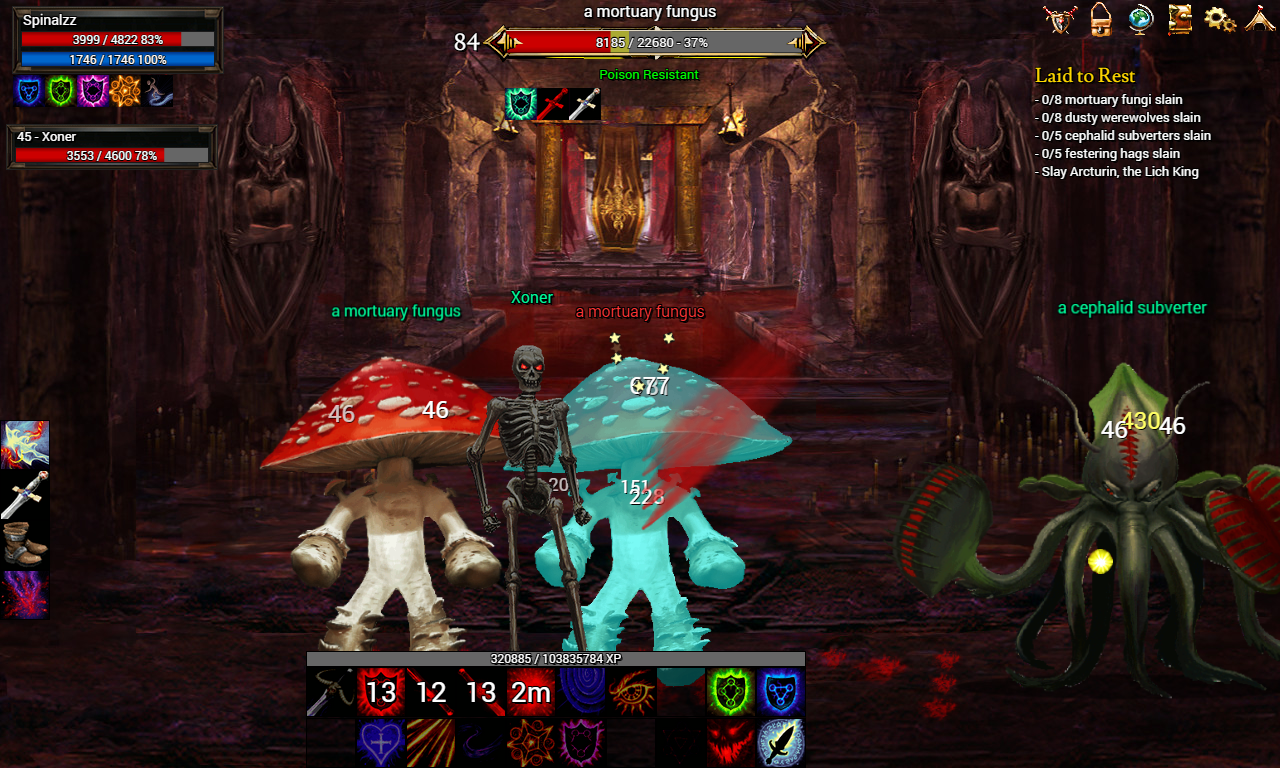



[…] Joe Leonard on EverQuest Inspired RPG Nevergrind – Cliqist […]
[…] http://cliqist.com/2015/03/28/joe-leonard-on-everquest-inspired-rpg-nevergrind/ […]